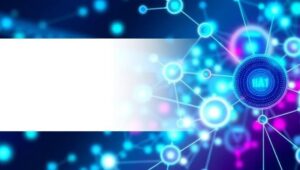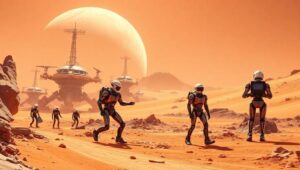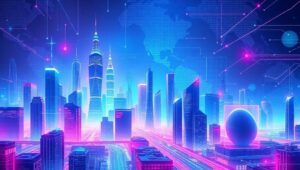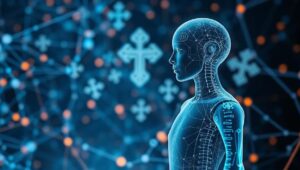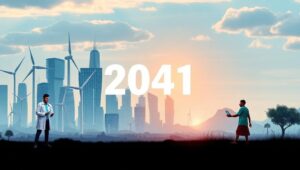June 1, 2025
Career Paths in AI: What Skills Will Be in Demand (2025-2030)?
Career Paths in AI: What Skills Will Be in Demand (2025-2030)? The field of Artificial Intelligence (AI) is rapidly evolving, creating a surge in demand for skilled professionals. As we look ahead to 2025-2030, understanding the key career paths and the skills required to excel in these roles is crucial for anyone considering a career in AI. Current Landscape of AI Careers Before diving into future trends, let’s briefly examine the current AI job market. Some of the most common AI roles include: Machine Learning Engineer: Develops and implements machine learning algorithms. Data Scientist: Analyzes large datasets to extract insights

